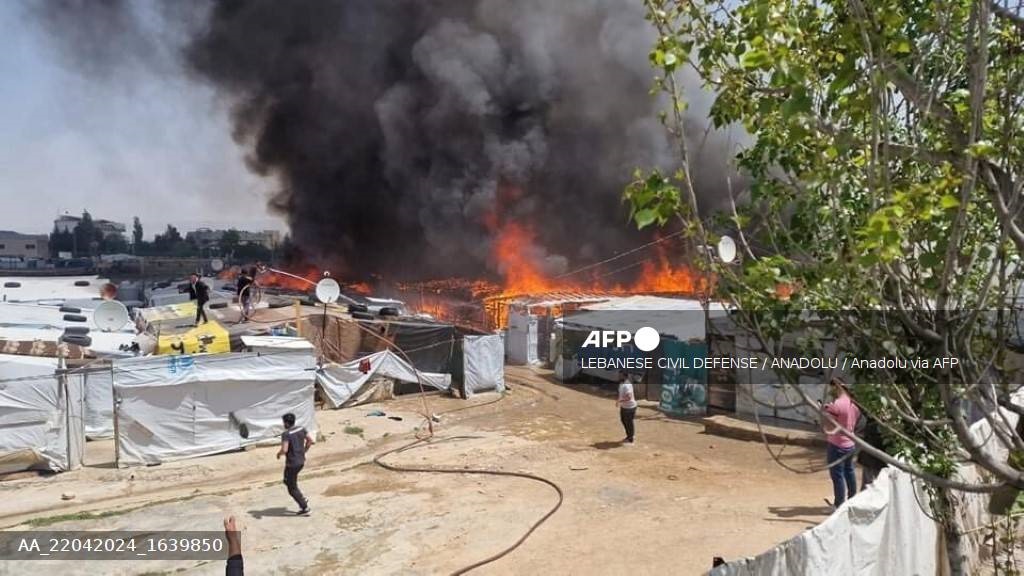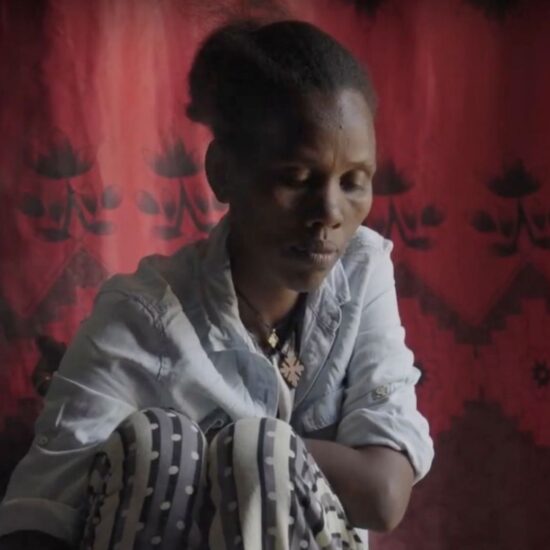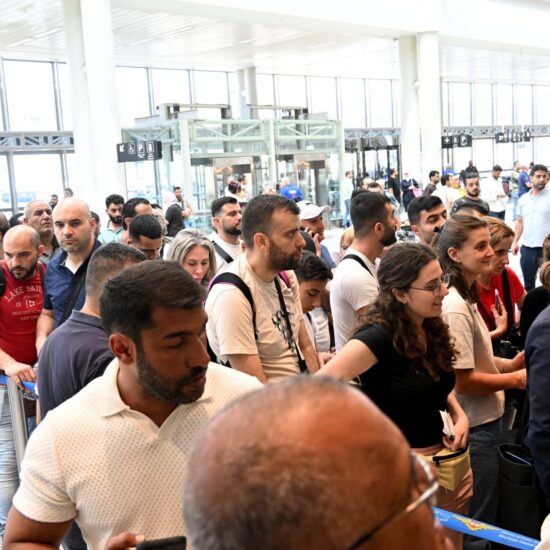
Exploring the deep-seated causes of hostility towards Syrian refugees in Lebanon: socio-economic strains, security fears, and media influence.
In recent days, numerous instances of violence against Syrians have occurred in various parts of Lebanon following the killing of a member of a right-wing Christian political party. These incidents include forced evictions, harassment, and intimidation campaigns, along with strict measures enforced by local authorities, such as curfews, limited rental options, and the demand for personal information from Syrians under the threat of deportation.
Syrian refugees are often depicted as burdensome, untrustworthy, and even as security threats in Lebanese society. This discrimination stems from various factors including socioeconomic tensions, political dynamics, and xenophobic attitudes. The rising hate attacks and racism against Syrian refugees in Lebanon are due to several factors: Syrians are seen as an economic burden, and their presence in large numbers has strained the country’s already fragile economy and limited resources. Many Lebanese view Syrians as competitors for jobs, housing, and public services, leading to resentment and hostility, especially with the increase in poverty among Lebanese and services becoming out of reach for the majority.
Additionally, the influx of Syrian refugees has raised security concerns among many Lebanese, further exacerbating tensions. Maya Zaieter, a human rights lawyer and legal researcher for a Netherlands-based association defending the rights of Syrian refugees in Lebanon and Jordan, explained to NOW how political divisions fuel hate towards Syrian refugees. According to Zaieter, Lebanon’s political landscape, characterized by sectarianism, contributes to negative attitudes towards Syrians. Some political parties exploit anti-refugee sentiment for their own agendas, using refugees as scapegoats or rallying points to mobilize support.
Lebanon has a history of hosting refugees from neighboring countries, including Palestinians and Iraqis. The prolonged presence of refugees, coupled with limited opportunities for integration and resettlement, has created social tensions and competition for resources.
Media coverage also plays a significant role in shaping public perceptions and attitudes towards Syrian refugees in Lebanon, with Lebanese politicians frequently scapegoating Syrian refugees for Lebanon’s economic challenges, portraying them as a drain on resources and a burden on the economy. Some Lebanese media outlets sensationalize stories about Syrian refugees, focusing mainly on negative incidents or portraying them in a dehumanizing manner. This reinforces stereotypes and fosters fear among the Lebanese population.
“By framing refugees as a threat to national security, they contribute to the normalization of discriminatory attitudes and behaviors,” Nagham Itani, a media and communication specialist at the Lebanese International University, told NOW.
For Itani, media outlets need to adopt ethical reporting practices and provide balanced coverage. Additionally, some media outlets neglect ethical standards of journalism, such as accuracy, fairness, and sensitivity, when reporting on Syrian refugees. Irresponsible reporting can inflame tensions, incite violence, and further create trouble among both communities.
The experts interviewed in this article agreed that addressing the root causes of anti-refugee sentiments, such as socio-economic inequality and political instability, is crucial for fostering a more inclusive and compassionate society.
Itani told NOW: “Lebanese politicians have been blaming refugees for unemployment, housing shortages, and strained public services, which in return deflects attention away from systemic issues such as corruption and mismanagement.”
Lebanese politicians influence the way Syrian refugees are treated as they have the power to advocate for certain policies such as legal restrictions on Syrian refugees, including curfews, residency permits, or employment bans, under the guise of maintaining security or protecting Lebanese jobs. These discriminatory laws exacerbate social marginalization and inhibit refugee access to essential services and opportunities.
Feras, a 32-year-old Syrian and a father of four who lives in the outskirts of Burj Hammoud, a historically Armenian town, and works as a butcher in the area, told NOW about his fear of himself and his family walking on the streets of the town, too afraid of the violence that had spiked against Syrians.
A group of men from Bourj Hammoud resorted to using motorcycles and loudspeakers recently to urge Syrian residents and storekeepers to leave the area within 48 hours, or be subjected to certain unpleasant outcomes. Even though the threat didn’t come to fruition, it caused worry and apprehension among the Syrian community in the town.
Feras told NOW: “I have witnessed firsthand the brutal reality of these attacks as I have seen fellow Syrians being harassed, beaten, and kicked out of their homes simply because of their nationality. Each incident sends shivers down my spine as safety is becoming an illusion at this point, for me and many others.”
Weeks before the politician’s murder, anti-Syrian sentiments had been building up in Lebanon through media campaigns, inflammatory remarks from political groups, and growing resentment among the population.
In east Beirut, where predominantly Christian neighborhoods prevail, right-wing Christian political factions like the Lebanese Forces and Kataeb hold influence. These districts have witnessed the majority of assaults on Syrians.
The Lebanese government has intensified its efforts to crack down on illegal Syrian residents in recent years, focusing on undocumented refugees who have entered Lebanon since the outbreak of the Syrian civil war.
Deportation efforts have been met with criticism from humanitarian organizations and the international community. Many argue that forcibly returning Syrian refugees to their home country, where the conflict and humanitarian crisis persist, violates international law and puts individuals at risk of serious harm.
Sami, a Syrian from Homs who fled the war in 2014 and resides in Dekwaneh, told NOW: “The prospect of being sent back to Syria is nothing short of a nightmare. I know too well the dangers that are waiting for me there as I fear persecution at the hands of the regime.”
Human rights abuses, including arbitrary detention, torture, and forced conscription, continue to be reported in Syria. Returning refugees may face risks to their safety and well-being, including persecution based on political affiliation, ethnicity, or religion.
Rodayna Raydan is a Lebanese-British journalist. You can follow her on Twitter @Rodayna_462
The views in this story reflect those of the author alone and do not necessarily reflect the beliefs of NOW.








